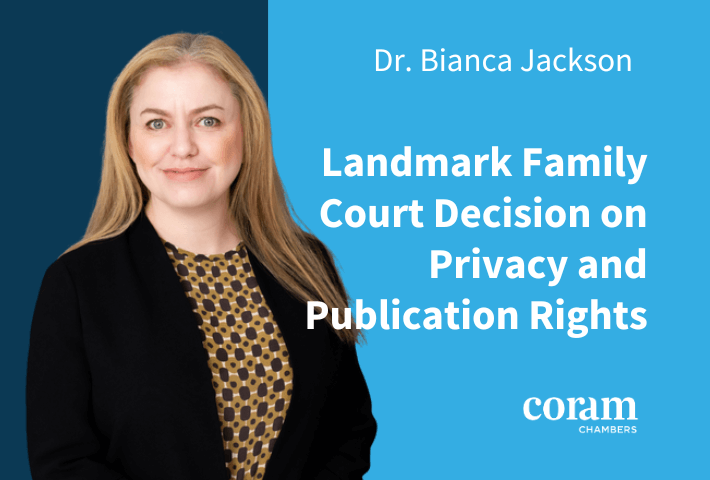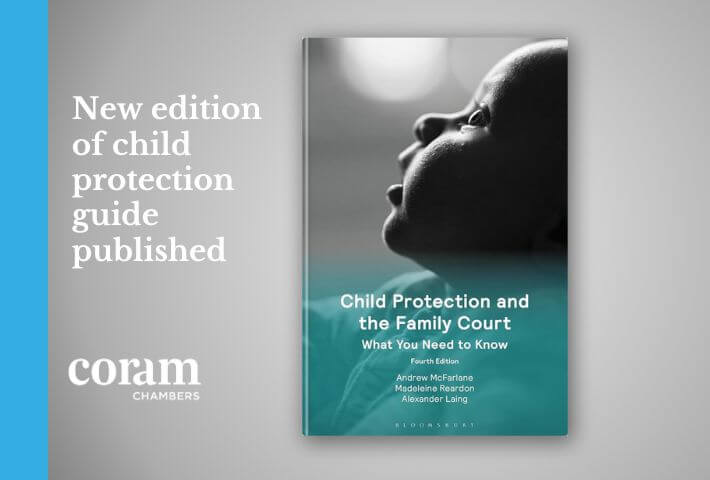
In a recent case handled by Dr. Bianca Jackson, Barrister with Coram Chambers, a crucial decision was made regarding the privacy and publication rights of individuals involved in family court proceedings.
The case involved an applicant seeking a non-molestation order against their ex-partner, the respondent, based on allegations of domestic violence. The non-molestation order was agreed upon without the court making any findings and without the respondent admitting to anything. Following this, the applicant sought permission to share details about the allegations and their experience in the family court with the public, particularly for a planned documentary on Honour-Based Violence.
The respondent opposed this, leading the court to deliberate on the proper legal framework to determine the right to privacy in non-molestation proceedings. It was essential to ascertain whether there was a prima facie right to privacy, in which case the applicant would need permission to share their experiences or if there was no such right, requiring the respondent to make an application for a reporting restriction order.
After considering previous case law, the Judge determined that there is a starting point of confidentiality in any application under FLA 1996 which involves allegations of domestic abuse or other harm, and that the burden of making the application should lie with the person seeking permission to publicise the information. Subsequently, the court weighed the competing factors under the European Convention on Human Rights (ECHR) and decided not to allow the applicant to publish details.
A more detailed case summary can be accessed here.
This landmark decision sets an important precedent regarding the intersection of privacy rights and publication in family court proceedings, reaffirming the court’s commitment to balancing the interests of all parties involved.


